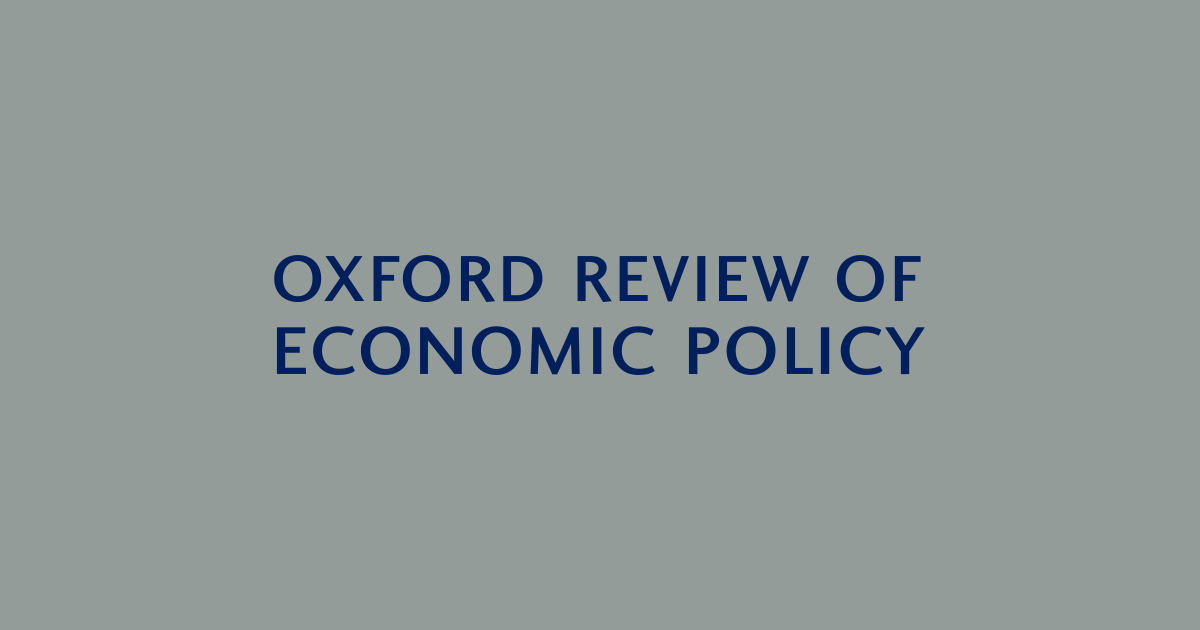When we go online, download an app, buy a sweatshirt, or peruse TikTok, we are taking a leap of faith—acting with agency in an environment without control or certainty. We trust the firms that provide these services will not only provide us with goods and services, but that they will also protect our personal data and do their best to prevent us—their stakeholders—from harm. As political theorist Francis Fukuyama has written: ‘Trust is the expectation... of regular, honest, and cooperative behavior, based on commonly shared norms, on the part of other members of that community’ (Fukuyama, 1996, p. 24). According to the OECD, ‘trust is also the foundation upon which the legitimacy of public institutions is built and is crucial for maintaining social cohesion’. Trust is essential to democratic capitalist functioning, and in particular to trade, because buyers and sellers don’t know each other. But the same is true for users and providers online.
Yet no one knows how to build or sustain trust in the face of rapid data-driven change. Online ‘trust must be negotiated with others whom users do not see, with faraway enterprises, under circumstances that are not wholly familiar, in a world exploding with information of uncertain provenance’ (Rainie and Anderson, 2017).
Read the paper in the Oxford Review of Economic Policy.


